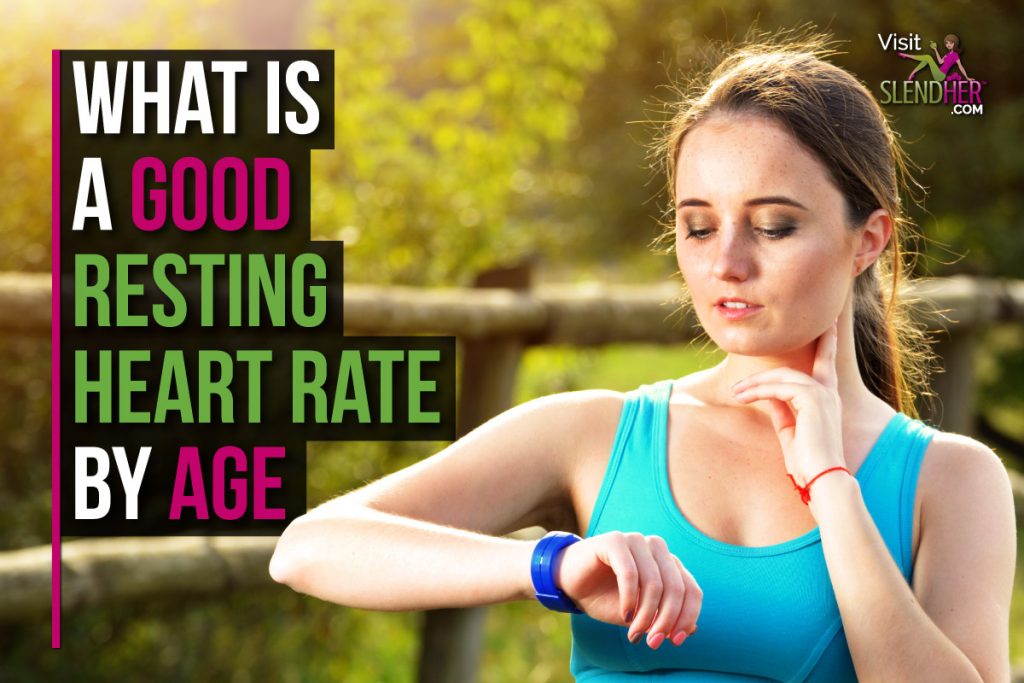
Heart rate, also known as pulse, is the number of times your heart beats per minute. Do you pay much attention to your heart rate? It is a good idea to take note of your heart rate to help you understand the health of your body from the inside and know your heart health.
What Does Heart Rate Tell You?

The most important factor of knowing your heart rate is it will give a greater indication to overall heart health, especially if you have any health conditions that might increase the risk of cardiovascular disease. A normal heart rate varies from one person to the next, however an unusually high resting heart rate or very low heart rate may indicate major risks of heart disease and heart attack.
The rate at which your heart is beating when it is working its hardest to meet your body’s oxygen needs is your maximum heart rate. Your maximum heart rate plays a major role in setting your aerobic capacity—the amount of oxygen you are able to consume. Several large observational studies have indicated that a high aerobic capacity is associated with a lower risk of heart attack and death. And a small controlled trial demonstrated that men and women with mild cognitive impairment who raised their aerobic capacity also improved their performance on tests of memory and reasoning. – Harvard Health Publishing
What is a Good Resting Heart Rate by Age Chart?

Heart rate will vary from person to person and factors such as age, gender, lifestyle and fitness level will play a part in your average heart rate range. It’s important to note that children have higher resting heart rates than adults and as we age our heart rate slows down.
Resting heart rate range for children from newborn to 10+ years old:
- Newborns to 1 month old = 70 to 190 bpm
- 1 month to 11 months old = 80 to 160 bpm
- 1 to 2 years old = 30 to 130 bpm
- 3 to 4 years old = 80 to 120 bpm
- 5 to 6 years old = 75 to 115 bpm
- 7 to 9 years old = 70 to 100 bpm
- 10 years and older = 60 to 100 bpm
These resting heart rates can vary due to changes such as exercise, body temperature, emotional triggers and body position.
What is a Normal Resting Heart Rate for Women?

The average adult’s heart rate ranges between 60 and 100 bpm. For those of you that exercise it is important to note what is a good resting heart rate as we age to ensure the heart is healthy during physical activity. There is a target heart rate which helps to show a healthy range of how fast the heart should be beating when exercising. This will show if you are doing too much or too little.
Here is a breakdown of the target heart rate zone for a range of ages:
- 20 years old – target HR zone 50 to 85% = 100 to 170 bpm / maximum HR 100% = 200 bpm
- 30 years old – target HR zone 50 to 85% = 95 to 162 bpm / maximum HR 100% = 190 bpm
- 35 years old – target HR zone 50 to 85% = 93 to 157 bpm / maximum HR 100% = 185 bpm
- 40 years old – target HR zone 50 to 85% = 90 to 153 bpm / maximum HR 100% = 180 bpm
- 45 years old – target HR zone 50 to 85% = 88 to 149 bpm / maximum HR 100% = 175 bpm
- 50 years old – target HR zone 50 to 85% = 85 to 145 bpm / maximum HR 100% = 170 bpm
- 55 years old – target HR zone 50 to 85% = 83 to 140 bpm / maximum HR 100% = 165 bpm
- 60 years old – target HR zone 50 to 85% = 80 to 136 bpm / maximum HR 100% = 160 bpm
- 65 years old – target HR zone 50 to 85% = 78 to 132 bpm / maximum HR 100% = 155 bpm
- 70 years old – target HR zone 50 to 85% = 75 to 128 bpm / maximum HR 100% = 150 bpm
Once you start monitoring your heart rate during exercise you will be able to understand your own body and know if you are doing the best exercise and exertion of movement for your long term health.

Factors that Can Affect Heart Rate:
- Prolonged stress
- Lack of sleep
- Obesity
- Smoking
- Drug use
- Heart disease
- Diabetes
- Medications such as beta-blockers
Three simple tips to help maintain a healthy heart rate are to reduce stress, eat healthy food and move the body mindfully with love.
Check out these articles for health inspiration:
- 10 Healthy Eating Habits to Help Change Your Life
- How to Eat Better
- Create a Healthy Morning Routine: A Mum’s Guide

Leave a Reply